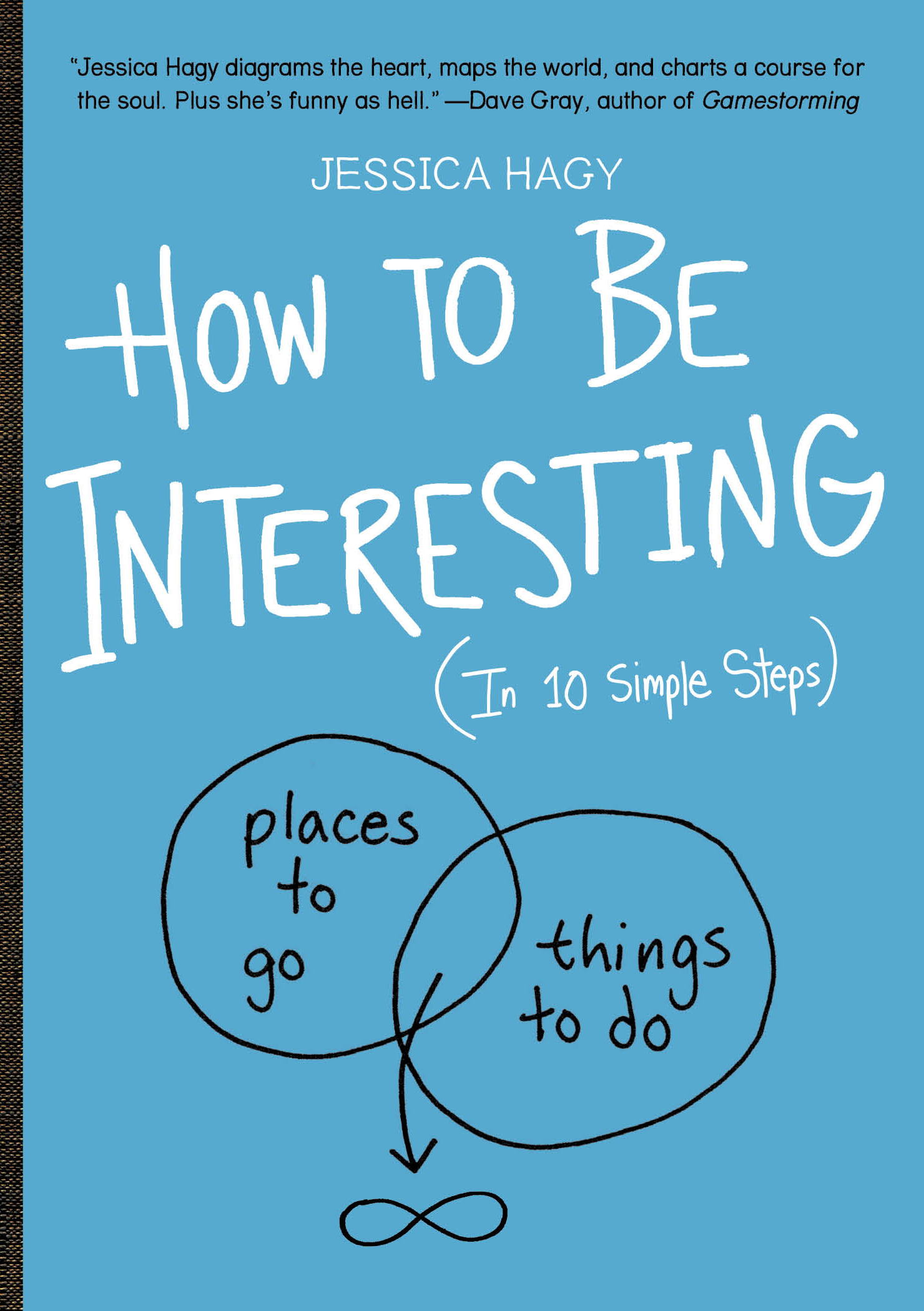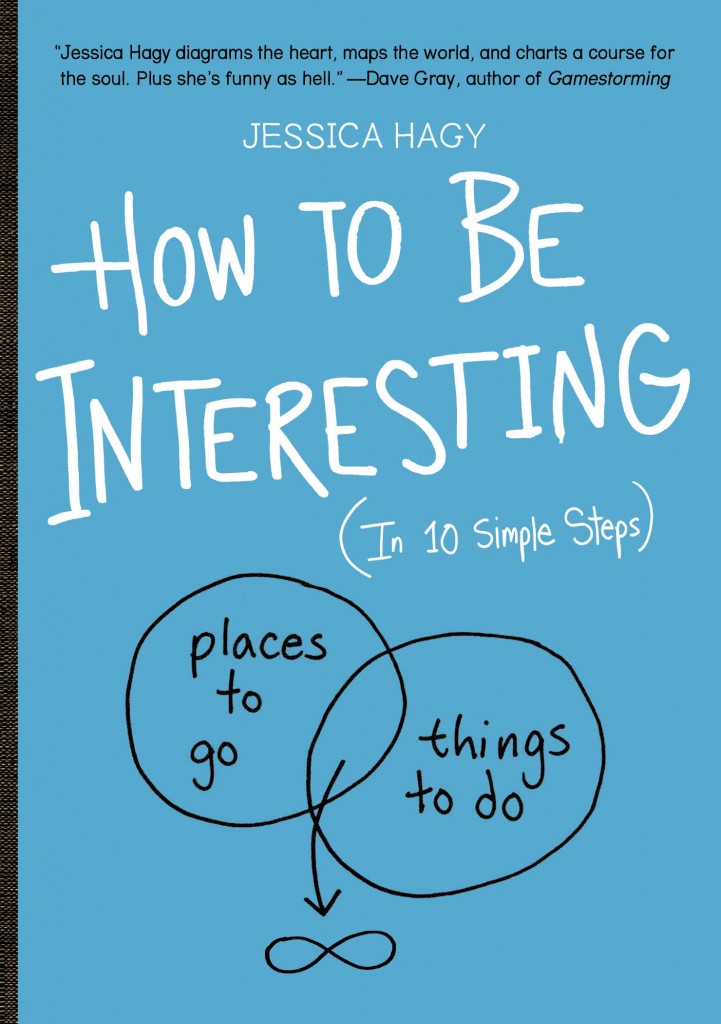By Sasha Moedt (The Cascade) – Email
Print Edition: March 5, 2014
“‘I’m bored’ is a useless thing to say,” Louis CK once said. “I mean, you live in a great, big, vast world that you’ve seen none per cent of. Even the inside of your own mind is endless; it goes on forever, inwardly, do you understand? The fact that you’re alive is amazing, so you don’t get to say, ‘I’m bored.’”
Despite these inspiring words, I’m bored a lot — at least twice a day, not counting the times I’m stuck in a boring lecture or a boring workday. Some days go by where I’m bored more than I’m interested.
I’d be ashamed of it, but I know half the people reading this know where I’m coming from. I picked up How To Be Interesting not because I feel like I’m a boring person to others (although I’ve never asked), but sometimes I think I’m a boring person to myself. I rely too much on Facebook and my cat to entertain me, and I want to get more out of life.
Immediately upon opening the book, you’ll see that it’s not written for the sakes of others, but for yourself. It’s not — thank goodness — another book on how to make people like you. It might be the opposite of that; it’s book on how not to care whether they like you.
Jessica Hagy is a blogger, a writer, a cartoonist, and evidently a doodler. She takes this topic — being interesting — and simplifies it to 10 steps, laying the book out in the same structure. They seem simple, almost common sense: go exploring, share what you discover, do something (anything), embrace your weirdness, have a cause, minimize the swagger, give it a shot, hop off the bandwagon, grow a pair, and ignore the scolding.
Seems cliché, doesn’t it?
Hagy moves beyond cliché, though admittedly the cheesiness remains. Rather than text, Hagy uses doodling, especially in the form of Venn diagrams, pie charts, and graphs. There isn’t a lot of text on any given page, which is a bonus for any student reading the thousands of words in textbooks every week.
Moving back to the cheesiness: this is a book that can’t really hold up to reading in a stupid voice to your friends. It’s heartfelt, it’s kind, and it’s going to be vulnerable to anyone not taking it seriously.
But give it a shot. When you’re feeling insecure, bored, and boring, this book is a solace. You can either spend an hour hunched over your computer flipping through Facebook memes for entertainment, or you could give this a read — and actually try the things Hagy suggests.
Not everyone can be energetic, creative, happy, impulsive and joyful all the time. Sometimes I feel I’m expected to be jaded, cynical, and exhausted, because to be otherwise would be ignorant of the problems in the world. These days, for anyone, it’s difficult to really respect yourself. It’s difficult to actually do the things you love to do. I’m not blaming any particular aspect of our culture, but it’s true — a lot of people don’t like themselves, or at least part of themselves.
Jessica Hagy concludes this is what happens when you take a passive role in your own life: when other people’s expectations — the powerful ones of friends and family, or even those of strangers — drive you away from being genuine.
Chuck Swindoll said, “I am convinced that life is 10 per cent what happens to me, and 90 per cent how I react to it.” Jessica Hagy is taking that 90 per cent and showing you what to do with it.
How To Be Interesting is a guide book to taking care of yourself. It’s a guide to no longer rely on other people’s approval, to become comfortable with yourself, and to do cool stuff. Take a break from Facebook and your textbooks to give this one a read.



